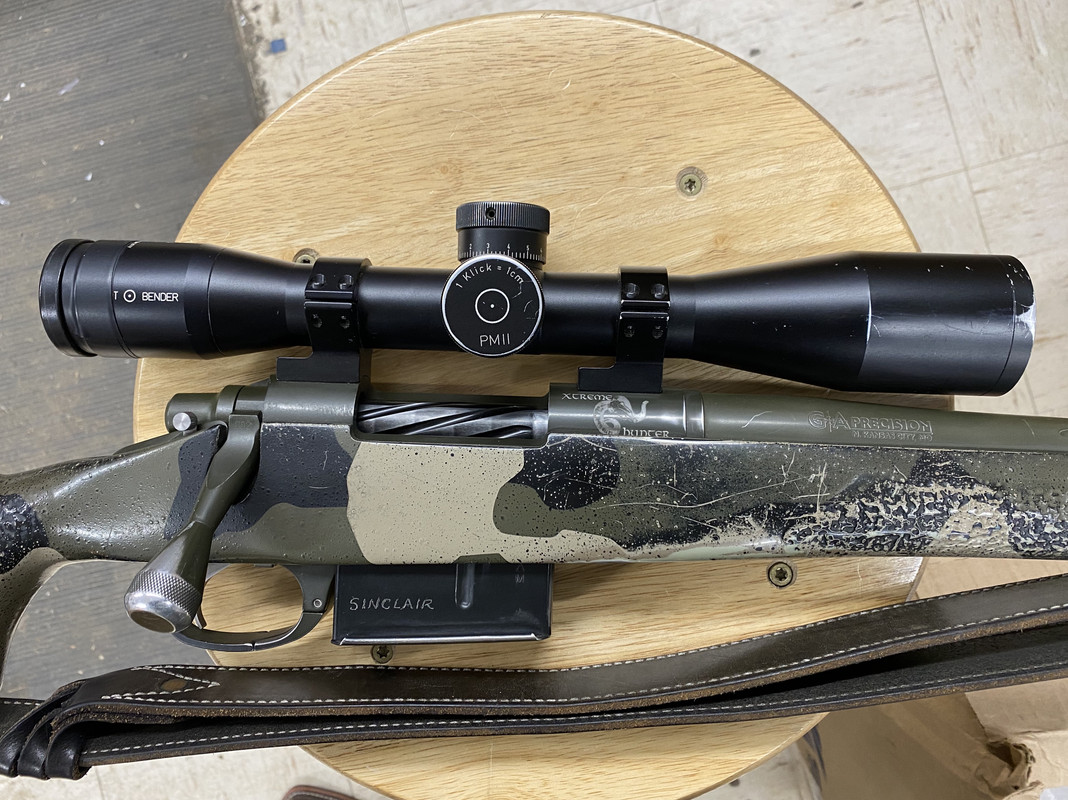That's not why. Nitriding is done at relatively low temperatures compared to other case hardening processes like carburize/austenitize/quench.
I'll explain why I don't do nitriding after the fact later when I have time.
ETA
@Baron23 @kthomas So, nitriding is a low temperature case hardening heat treatment with typical processes done between 800 and 1100 F and its followed by a slow, controlled cooldown to room temperature. The relatively low process temp and lack of quenching (compared to the red hot 1500 - 1600 F followed by a ultra rapid cooling in oil quench of austenitizing/quench/temper) means the process produces very low distortion and almost none if careful stress relieving heat treatments are done at the right points in the machining process.
The problems with doing it on a part that is already finished are several.
- Your introducing a very hard surface layer (60 - 70 rockwell C) on parts that maybe weren't designed to have it in the first place
- Depending on the depth of the case hardness and the cross sectional thickness of the parts in question, you may have completely hardened certain portions of the part completely through, ruining any ductility at those thin locations where you least can afford to.
- Nitriding causes dimensional growth. It is small, but it is there. When dealing with parts that are finish machined, how do you know you won't have a problem somewhere?
Those are the big ones in my opinion and why I won't consider any action or barrel that has been nitrided after it has been delivered to the customer.

